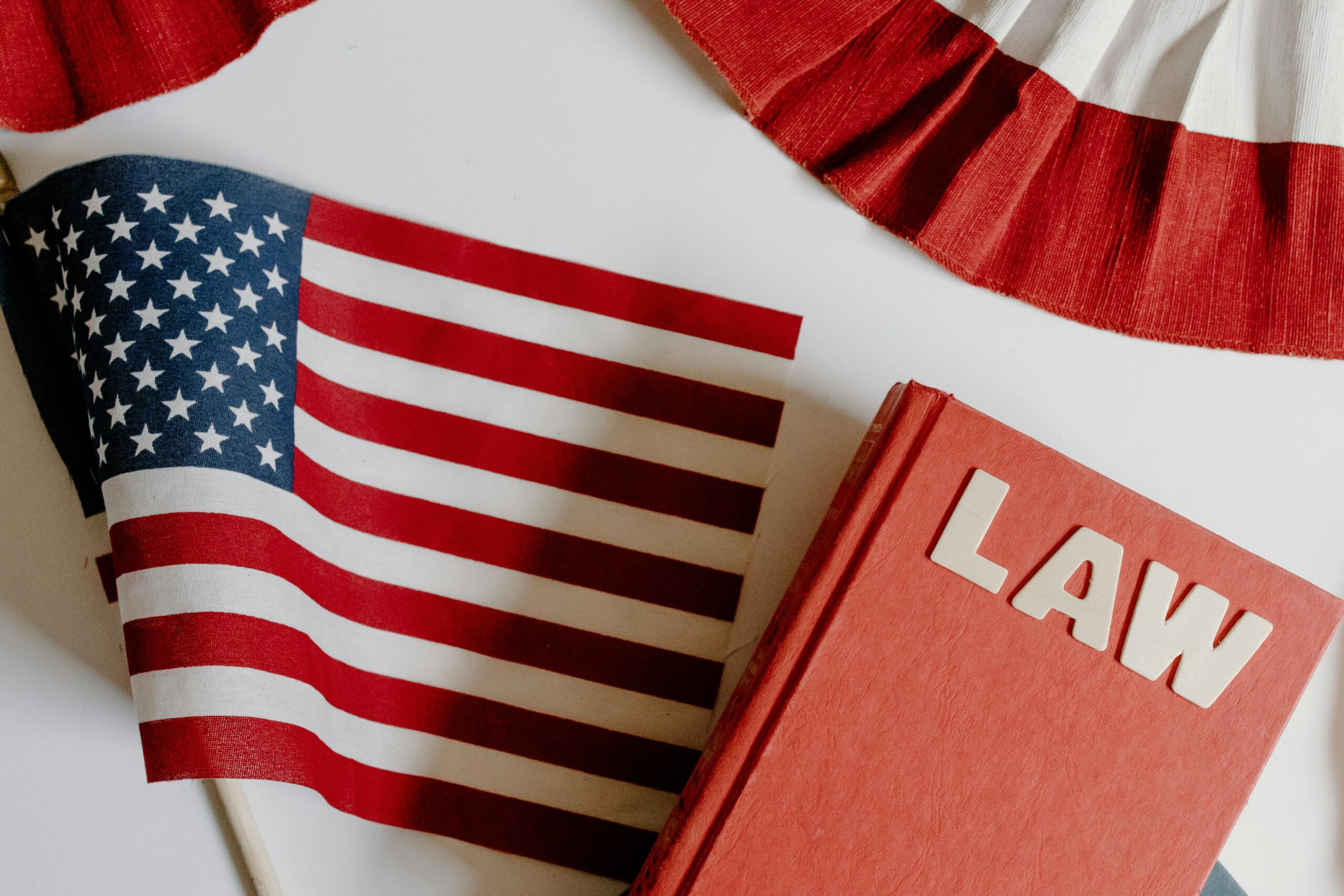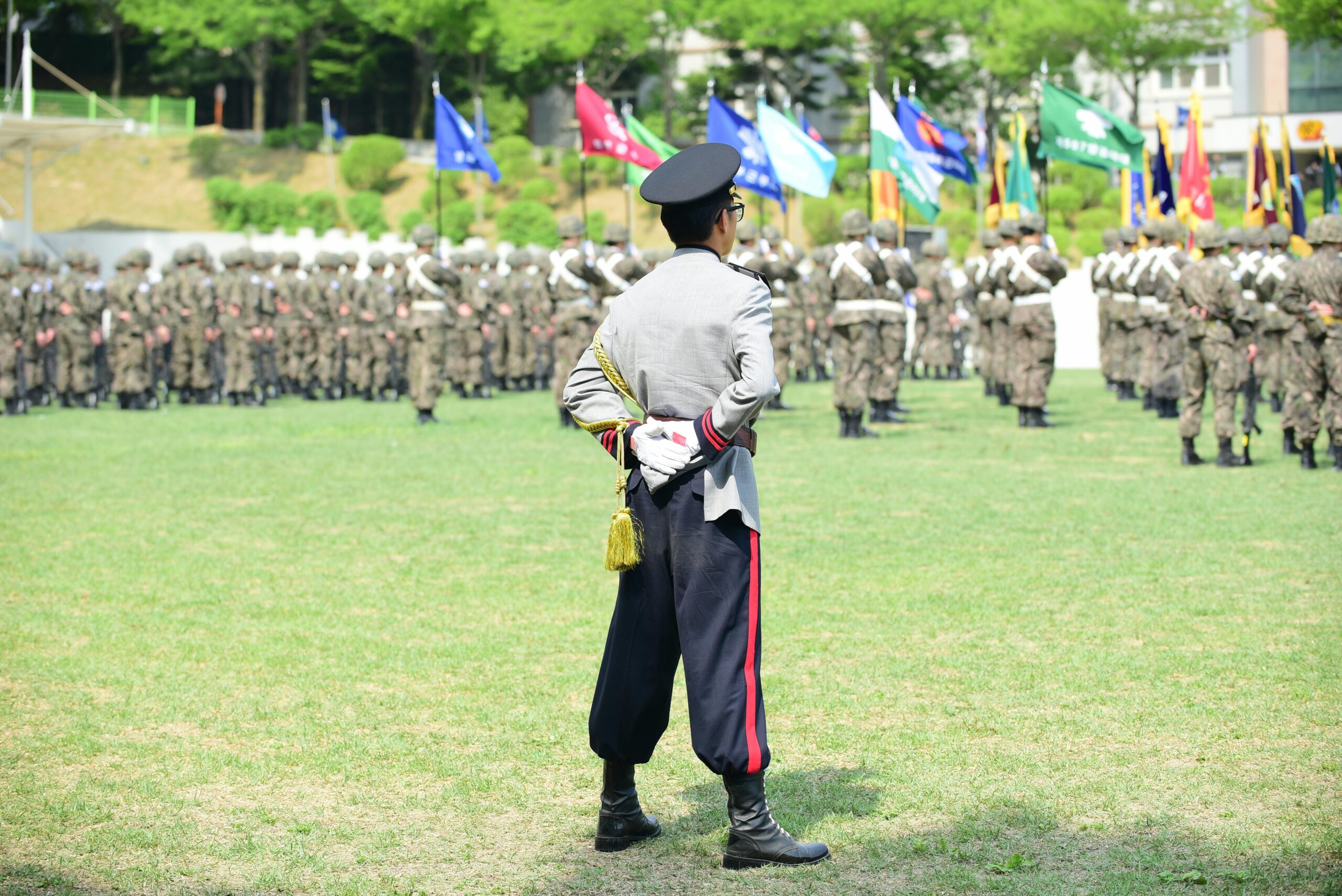Introduction
In April 2025, USAA—a prominent San Antonio-based insurer—became the defendant in a new patent-infringement lawsuit centering on its SafePilot mobile app. The suit, filed by Lab Technology LLC, claims SafePilot’s crash detection feature illegally employs patented technology. This move flips the script on USAA’s familiar role as patent aggressor, particularly in mobile deposit tech cases.
The Allegation: What’s at the Heart of the Lawsuit?
On April 17, 2025, Lab Technology LLC filed a lawsuit in the Western District of Texas, overseen by Magistrate Judge Derek T. Gilliland. The claim: USAA’s SafePilot app infringes on a 2015 patent related to “force refreshing a cellphone display after specific events,” allegedly triggered when SafePilot automatically dials 911 following a crash. Lab Technology sees this as a clear violation of their patent rights.
A Closer Look at SafePilot & Patent Claims
SafePilot is a telematics-based insurance app that monitors driving behavior. It scores users based on factors such as phone handling, hands-free calling, and (in some versions) crash detection that initiates emergency calls.
Lab Technology’s lawsuit asserts this automated crash-detection process—specifically, the forced screen refresh and call initiation—embodies their patented technology from 2015.
What’s Changed: USAA Now on Defensive Grounds
This lawsuit marks a rare shift for USAA, which has traditionally used its strong patent portfolio to sue banks for infringing on its mobile deposit technology. For example:
- In 2019–2020, USAA secured roughly $300 million from Wells Fargo.
- In 2022, they won $218 million from PNC Bank—but that verdict was overturned in June 2025 by the Federal Circuit, citing invalid patent claims under the “abstract idea” framework.
- Additionally, USAA continues to litigate or license its patents against Regions Bank, Truist, Discover, and First Citizens.
Now, as it finds itself on the receiving end of patent litigation, USAA must defend its SafePilot feature, rather than aim accusations at others.
Key Details & Legal Implications
| Element | Details |
|---|---|
| Plaintiff | Lab Technology LLC (New Mexico–based tech firm) |
| Defendant | United Services Automobile Association (USAA) |
| Patent in Question | 2015 patent on “force refreshing a cellphone display after an event” (e.g., crash) |
| Alleged Infringement Feature | SafePilot’s automatic 911 call after crash detection |
| Court | U.S. District Court, Western District of Texas |
| Judge | Magistrate Judge Derek T. Gilliland |
| Filed | April 17, 2025 |
| Current Status | Pending jury trial; USAA declined immediate comment. |
What’s at Stake for USAA?
For USAA:
- A possible injunction blocking the SafePilot feature.
- Monetary damages—potentially substantial if willful infringement is found.
- Erosion of its reputation as a patent-enforcing party, now becoming the target of patent claims.
Broader Implications:
- Signals increasing vulnerability of app-based features to patent litigation.
- Reinforces the need for companies to conduct thorough IP clearance—even for features seemingly outside finance, like auto safety apps.
Looking Ahead: What’s Next?
- Proceedings: Lab Technology is seeking a jury trial; discovery and motions will clarify whether USAA’s crash-detection feature truly replicates the patented method.
- USAA Role: Will likely challenge patent validity or narrow its interpretation, while also preparing defenses such as license or non-infringement.
- Industry Watch: This could influence how insurers build and protect telematics-based features.
Conclusion
The USAA SafePilot patent lawsuit highlights the evolving intersection of insurance, technology, and intellectual property. For USAA, accustomed to asserting patents, being sued over crash-detection software is a striking reversal. It underscores the importance of IP diligence in even non-core initiatives—like telematics or safety apps.


